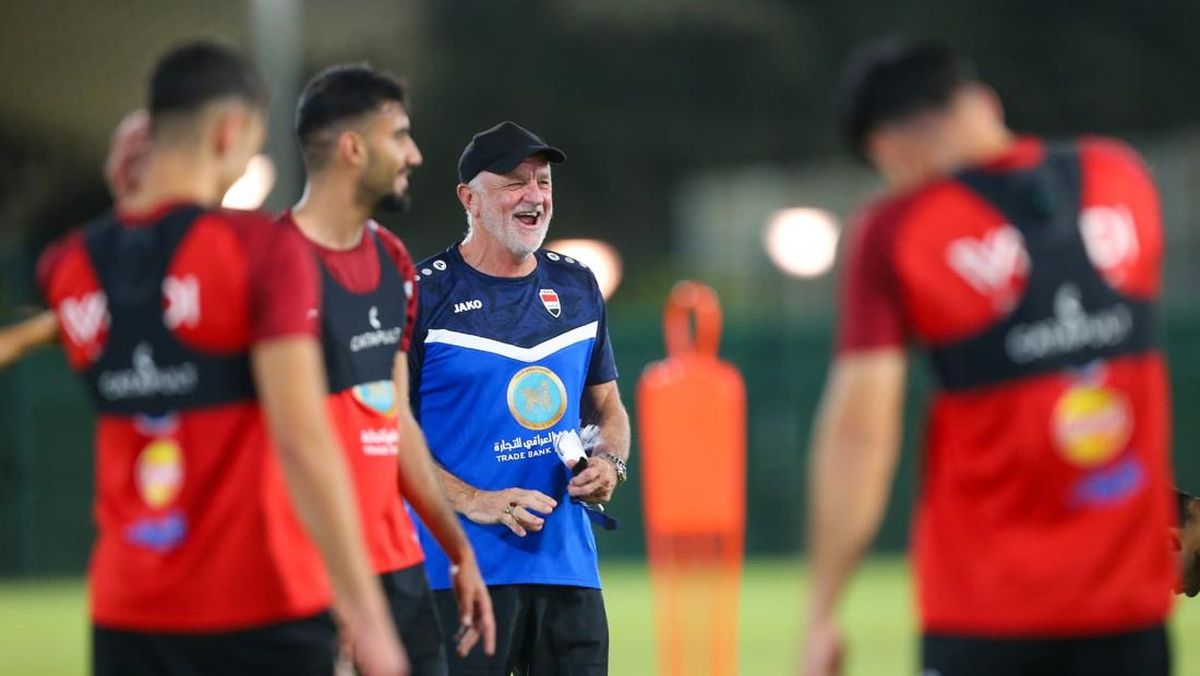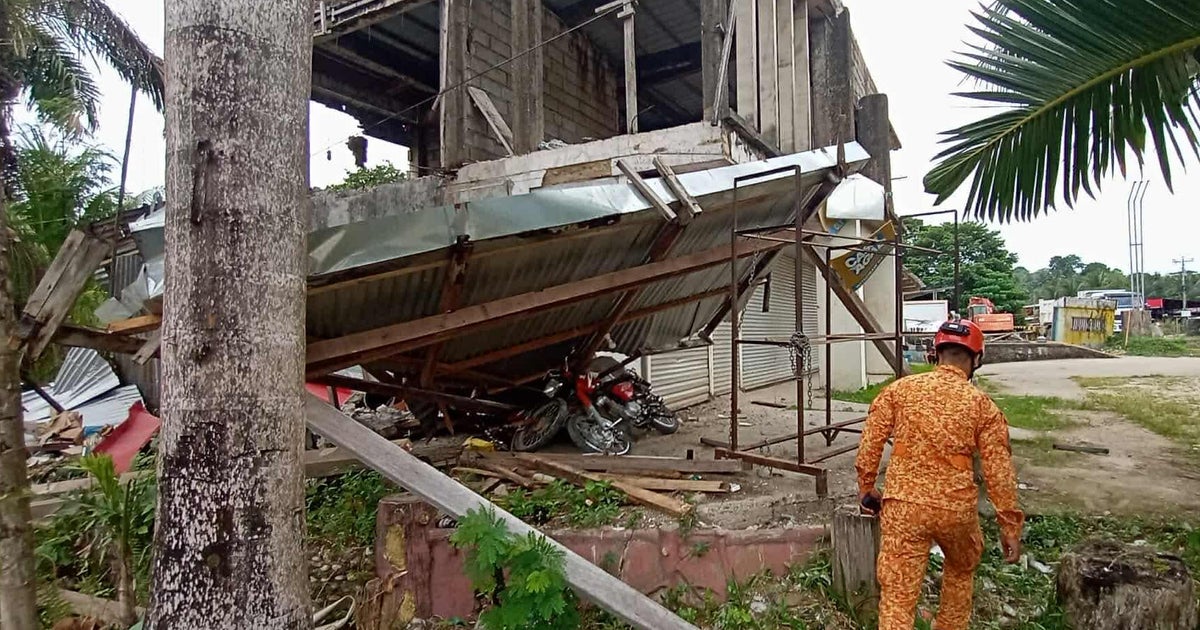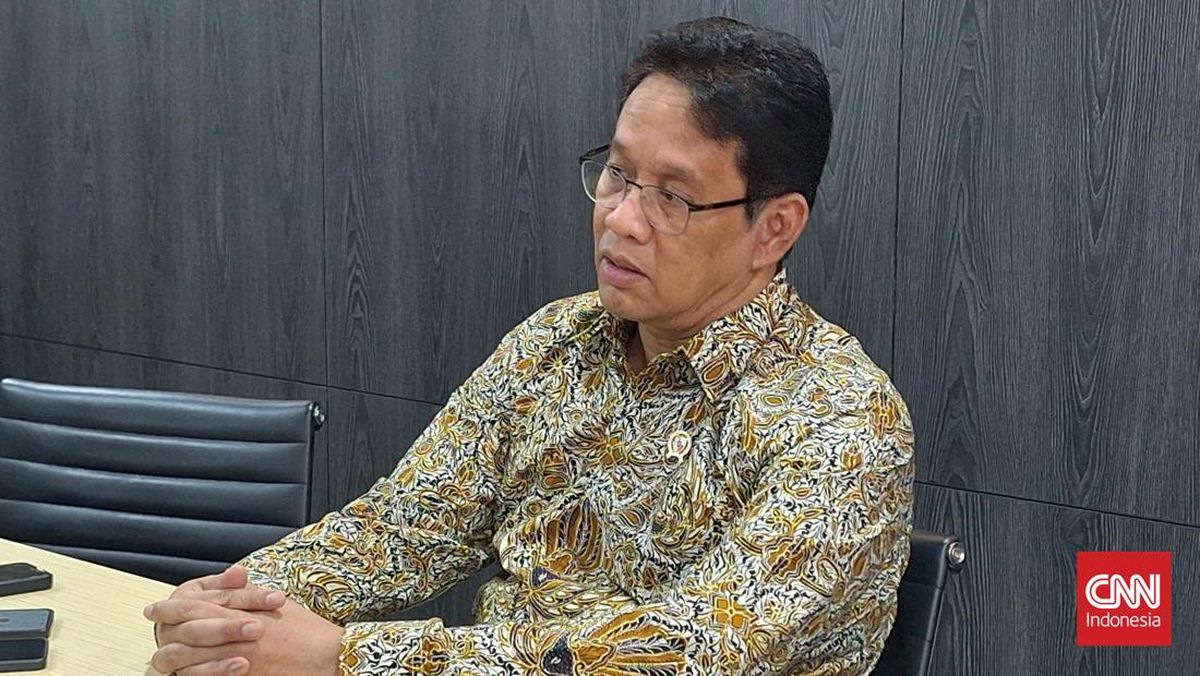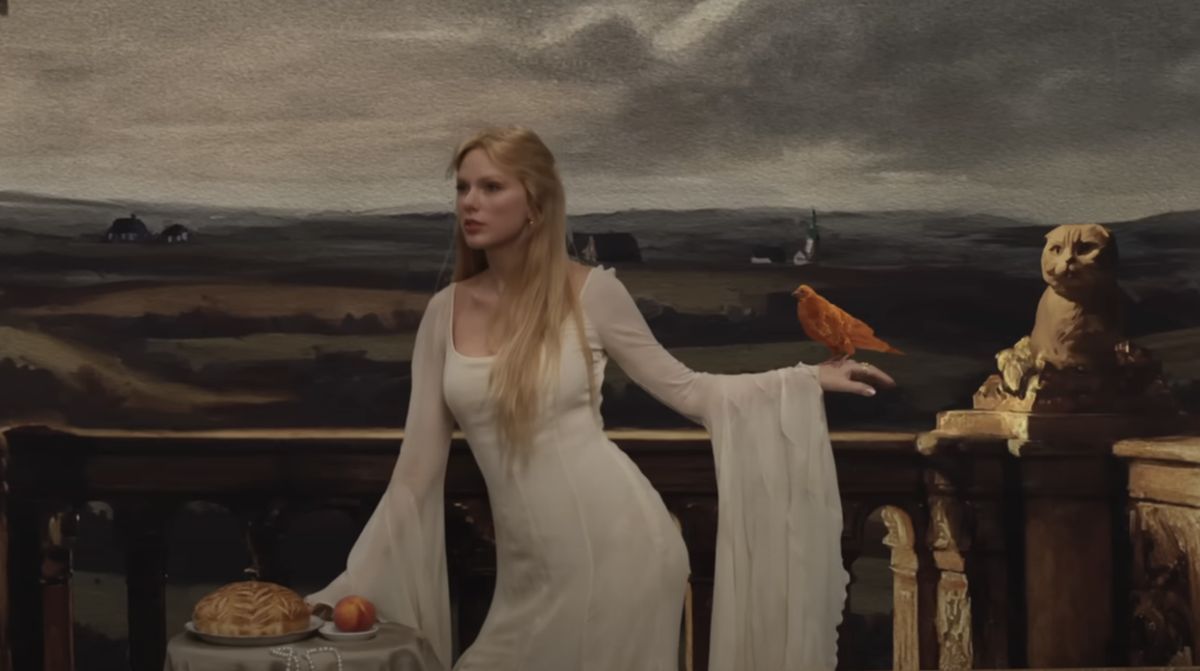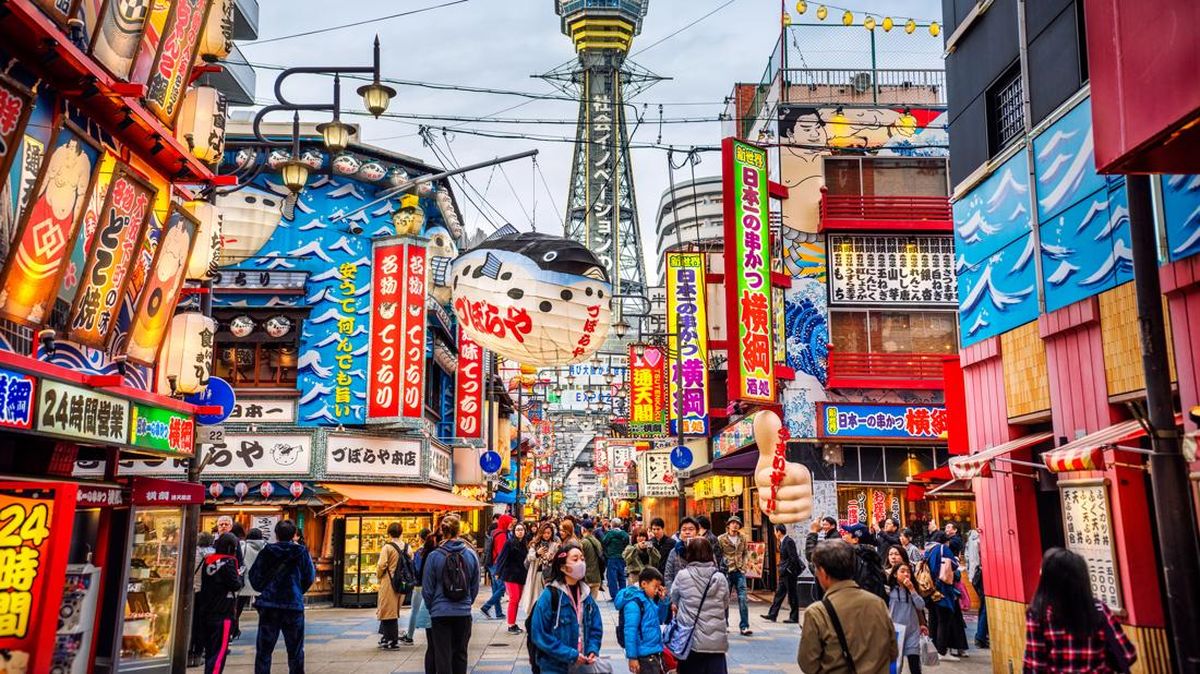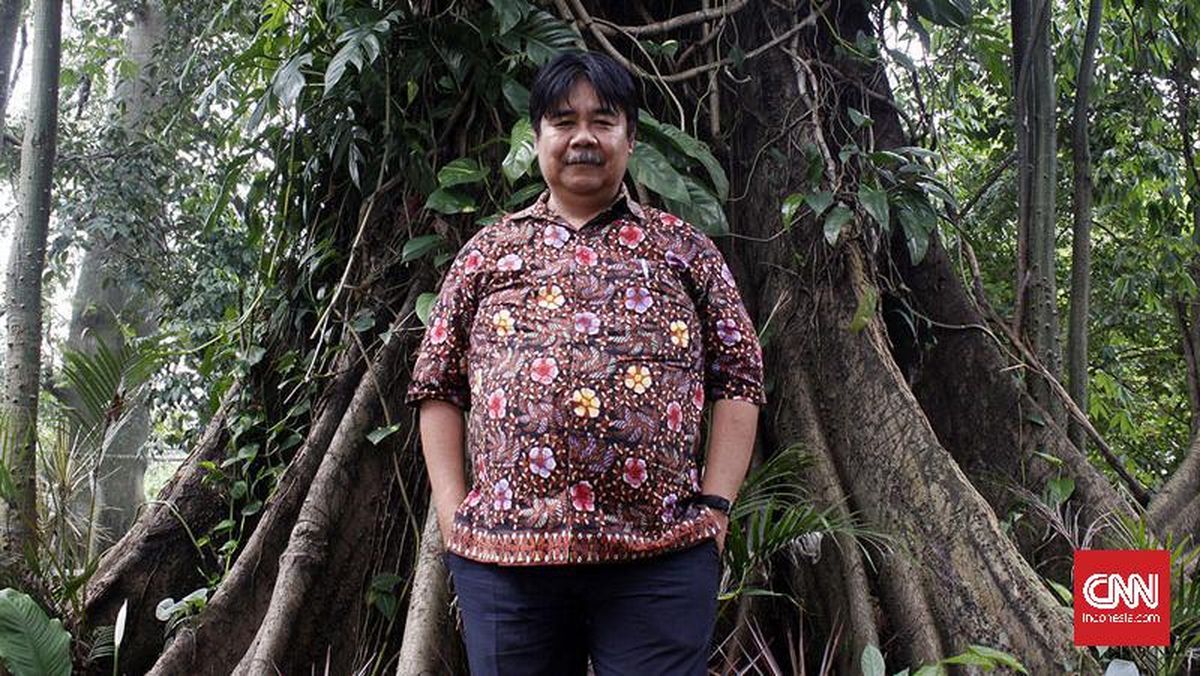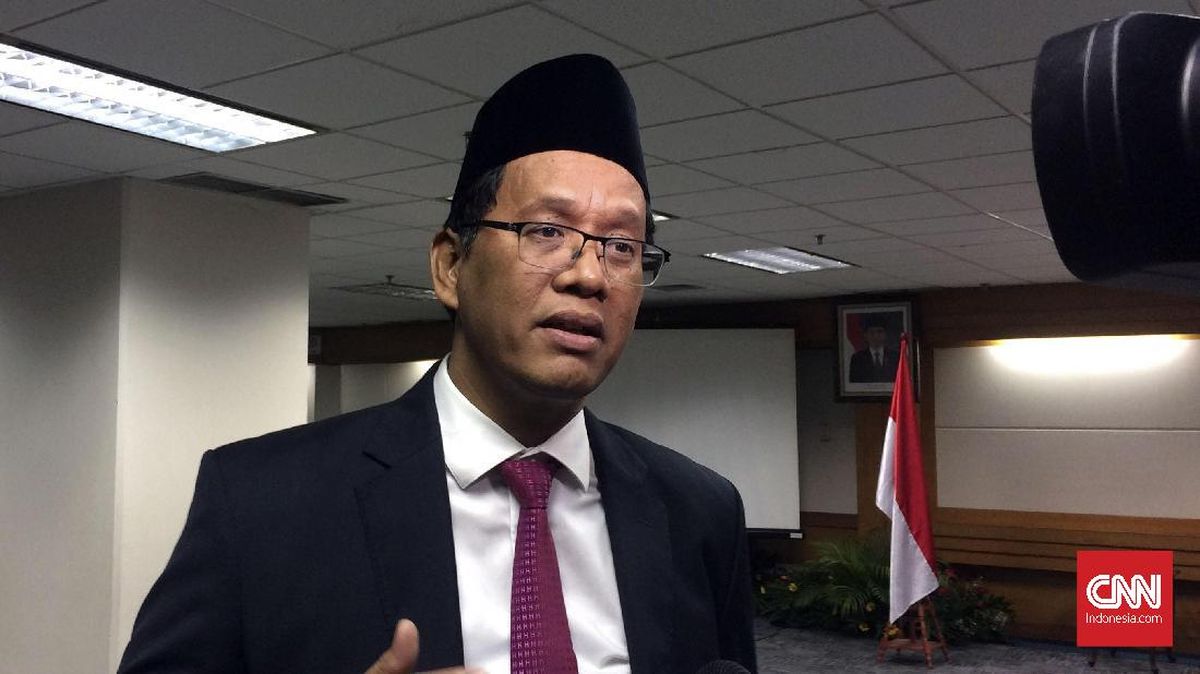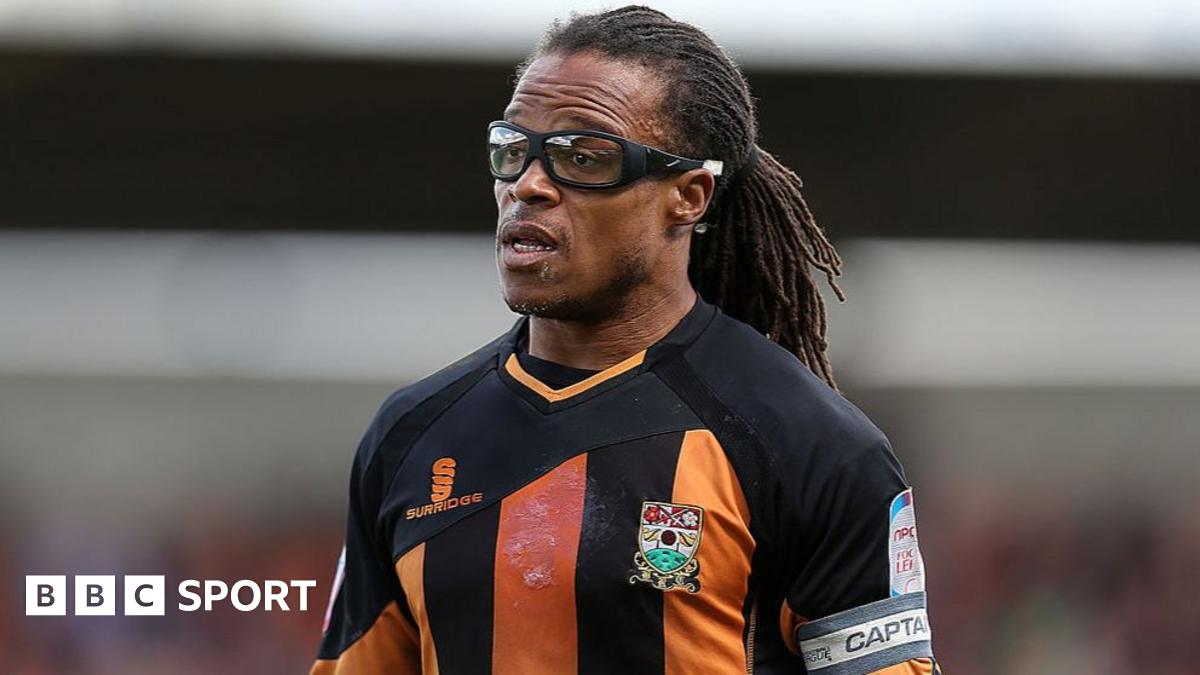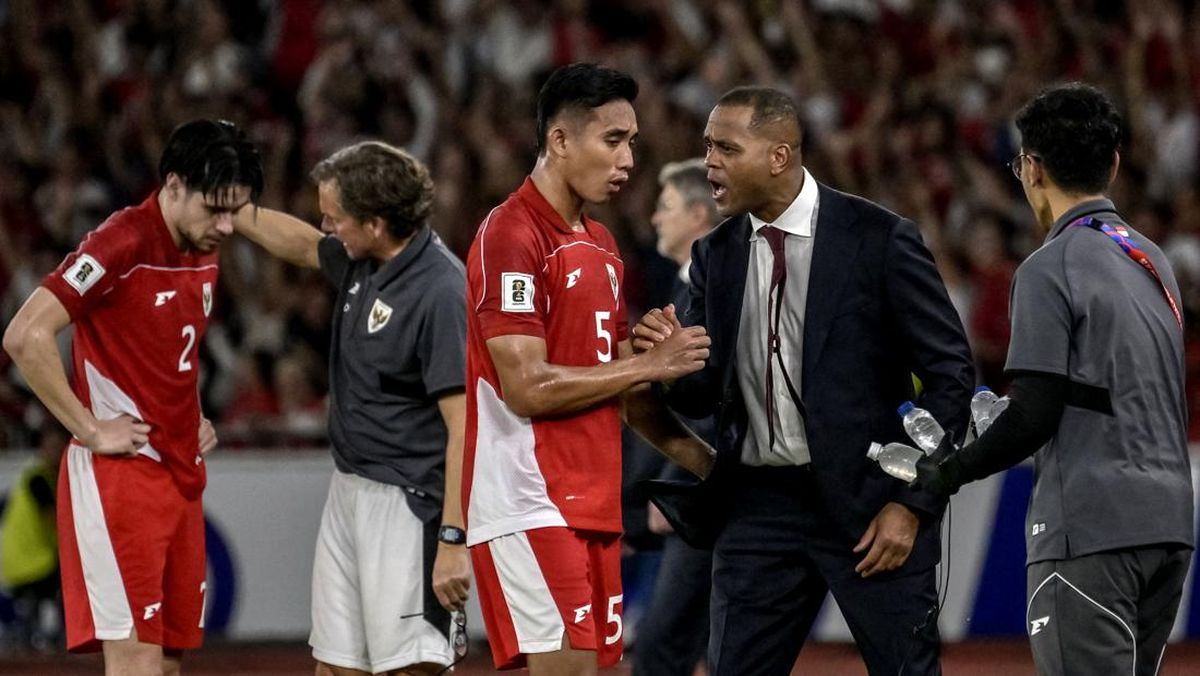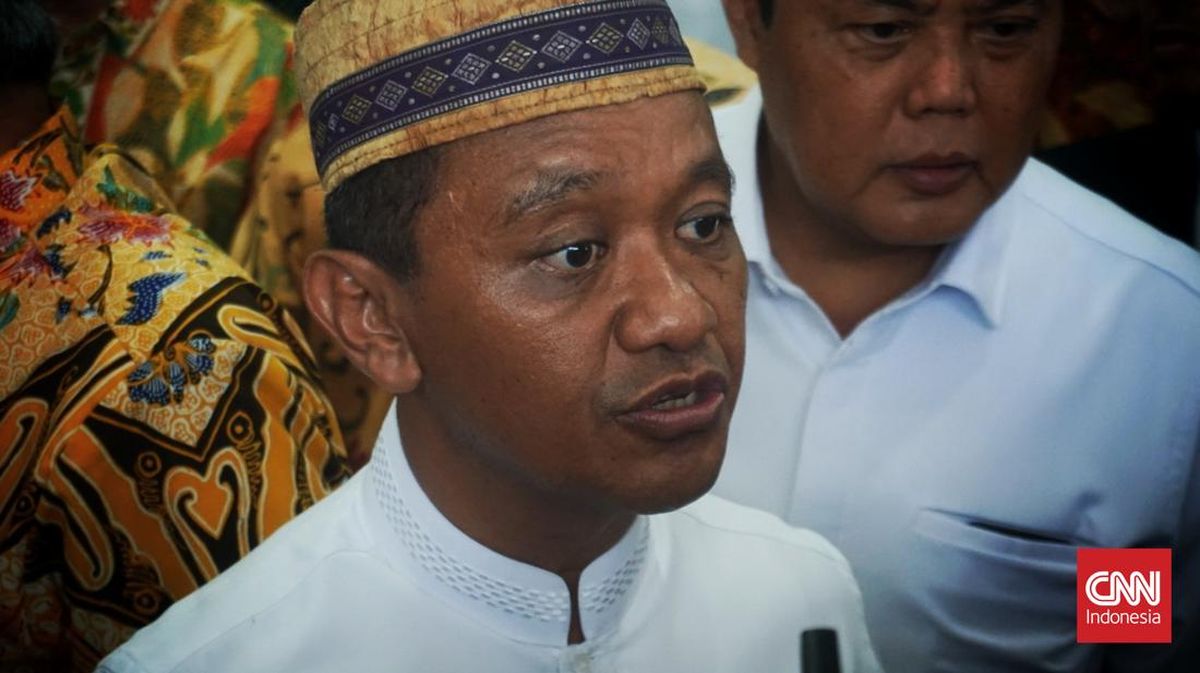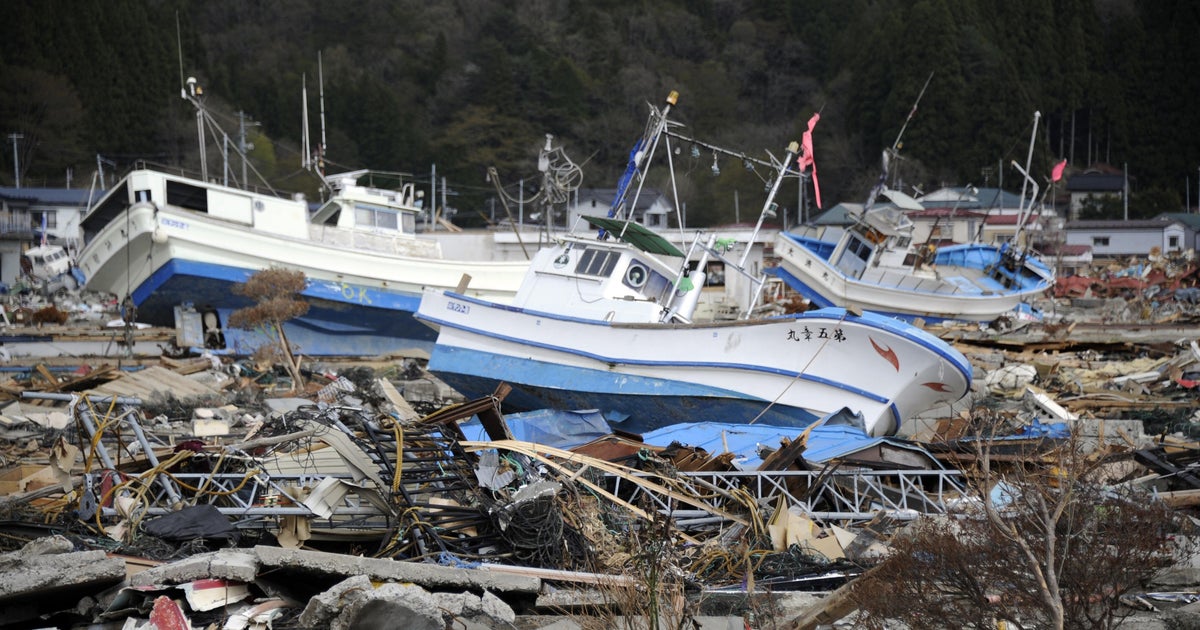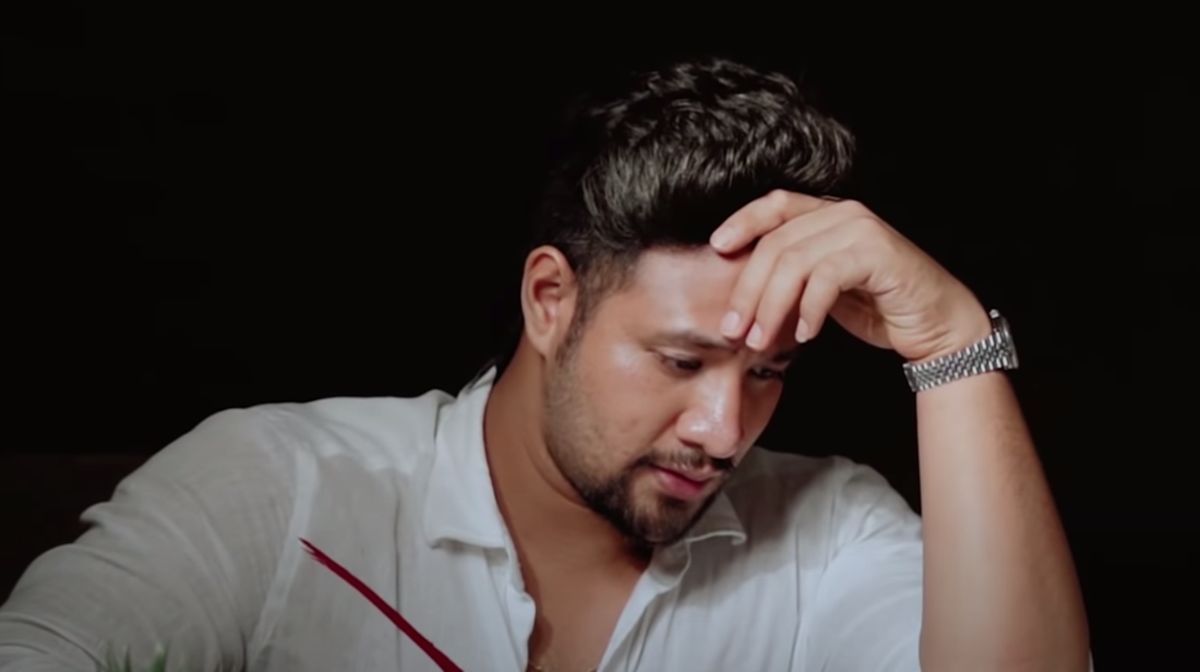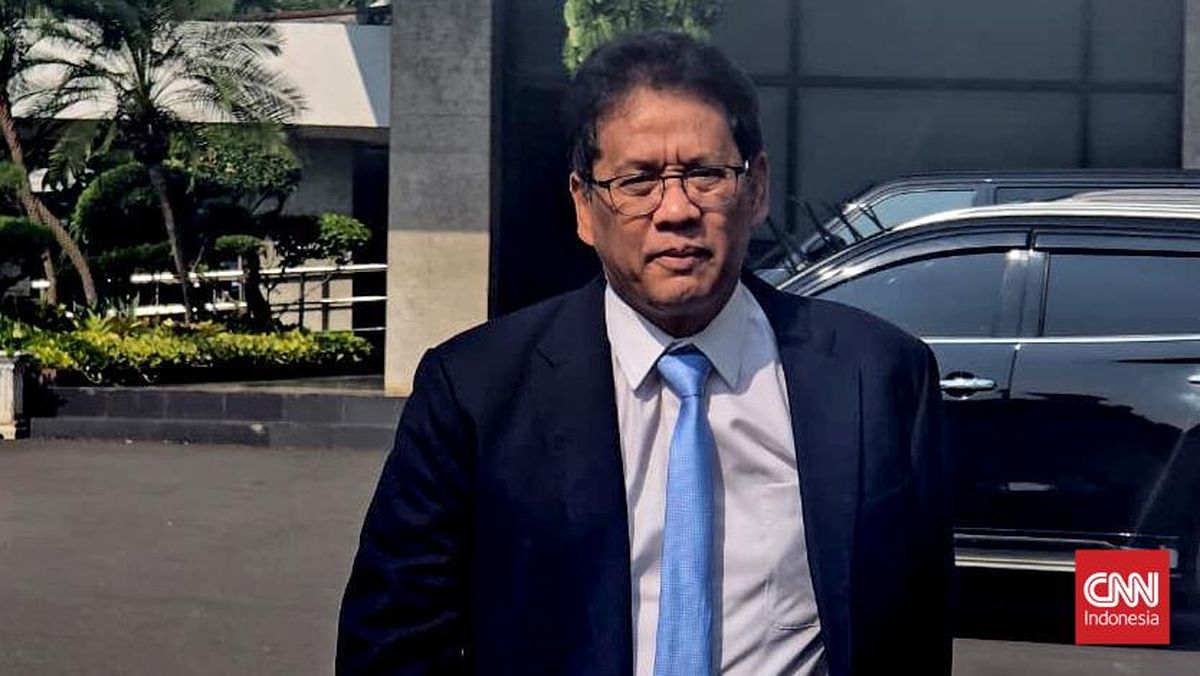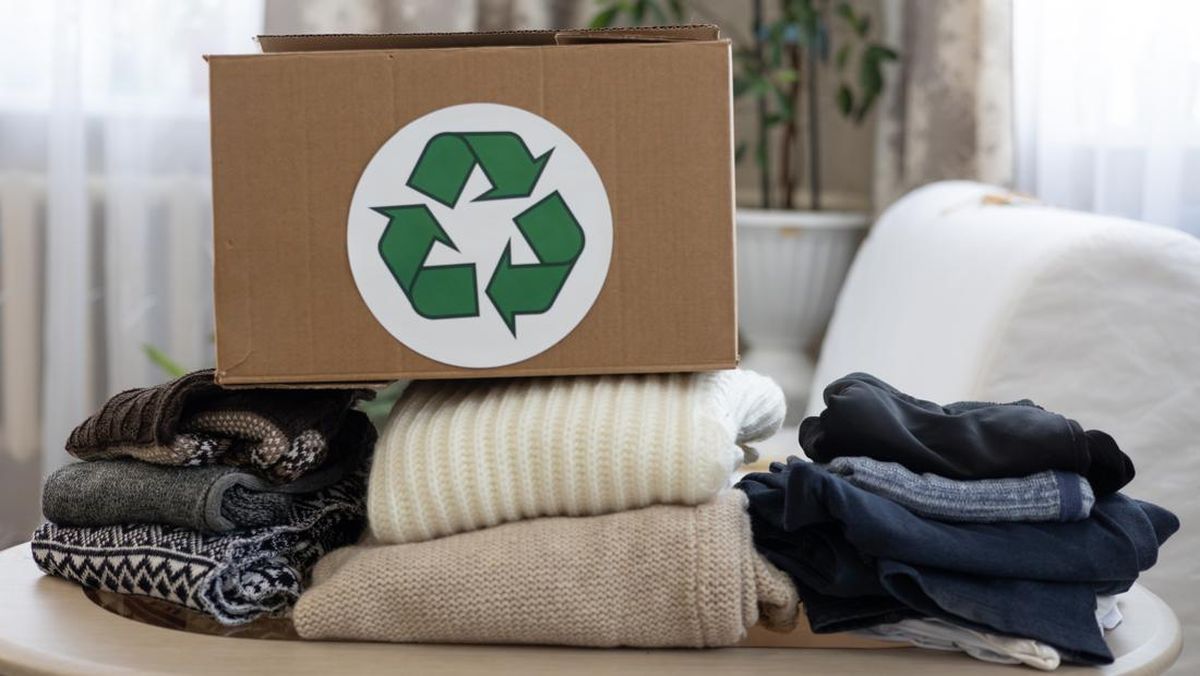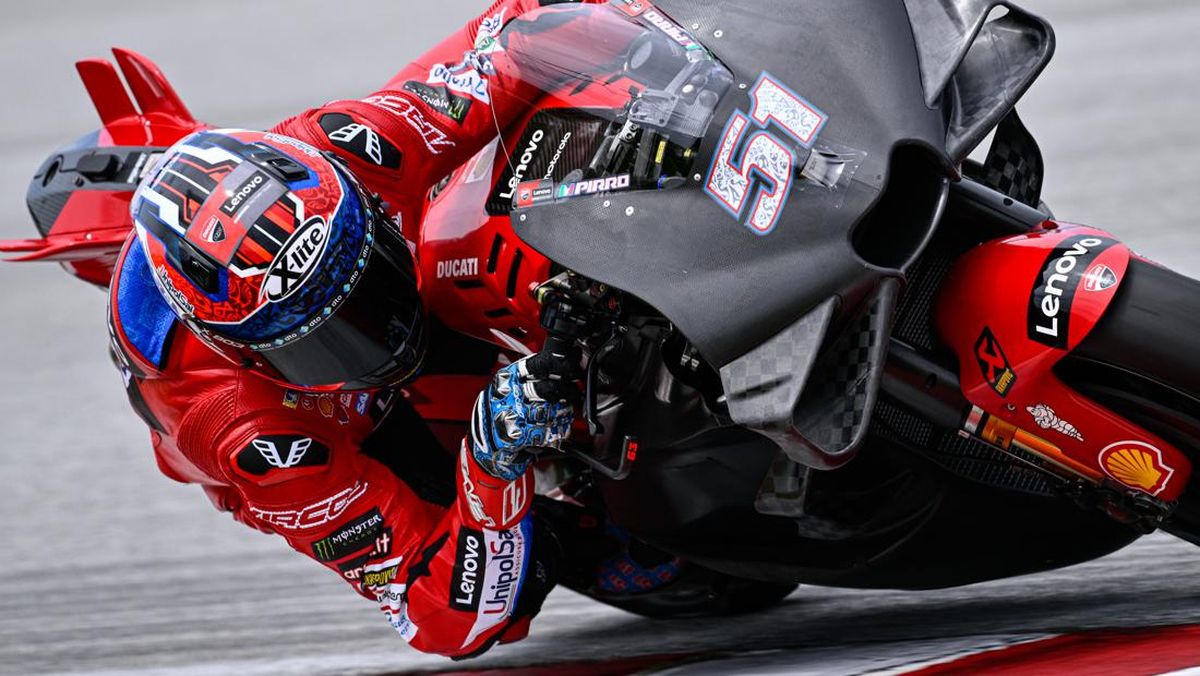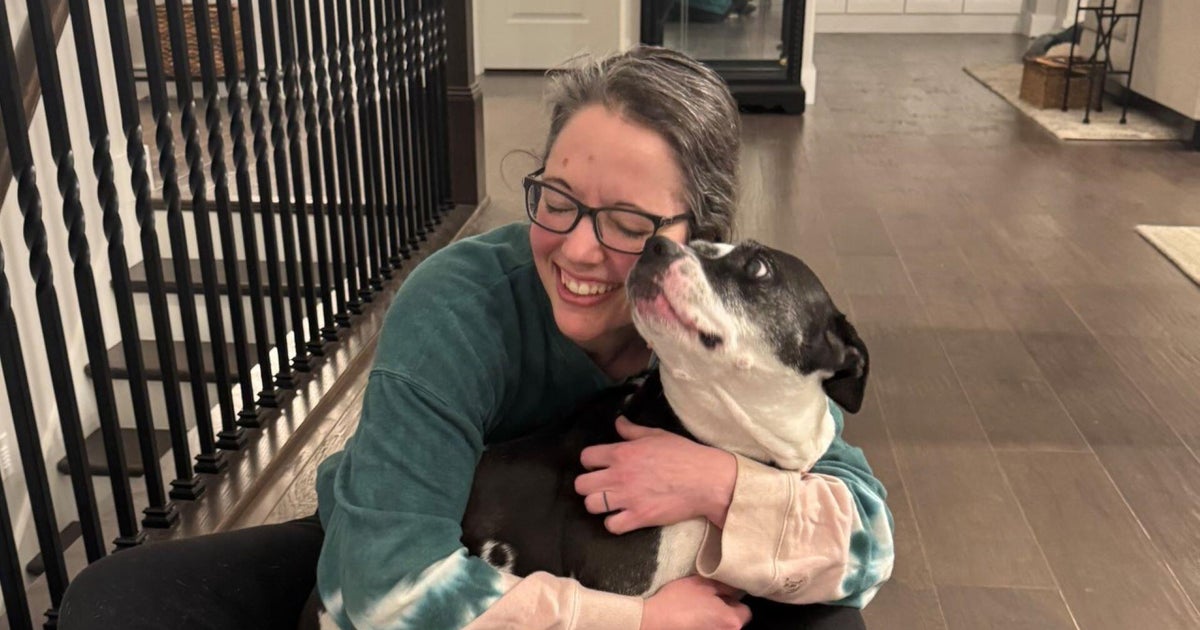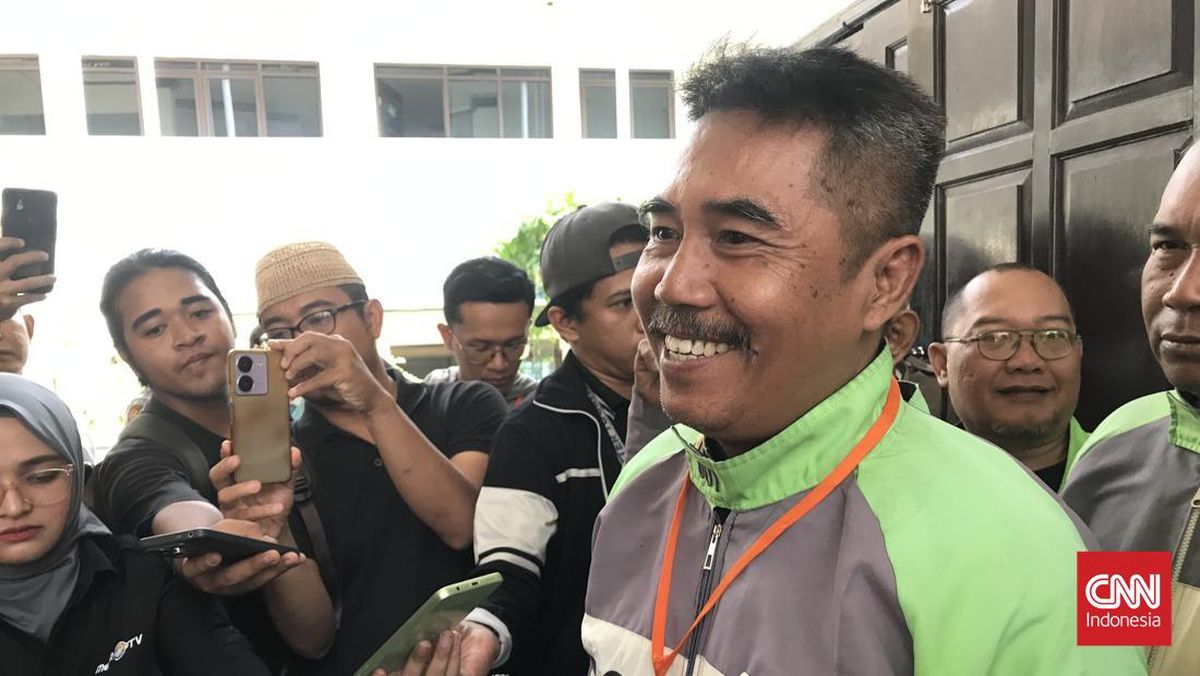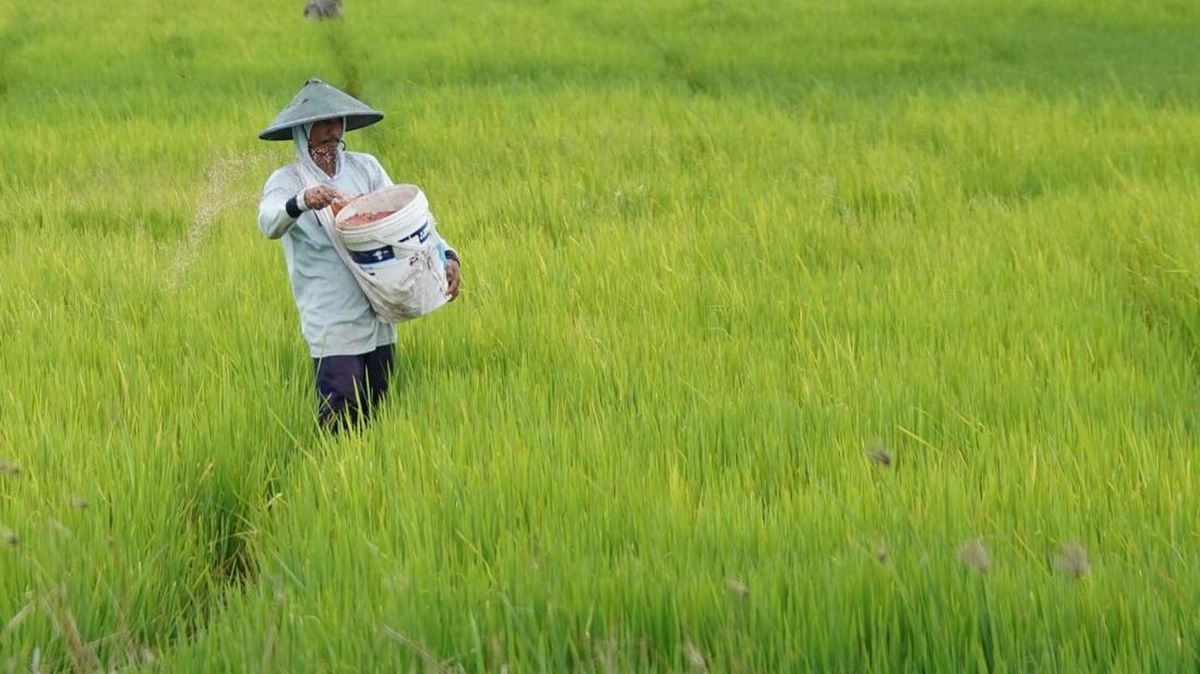In the blizzard of news over recent months, you might have missed a proposal out of Canberra which has the potential to go down like a lead balloon with voters: significantly expanding the number of federal MPs.
The Herald’s Paul Sakkal and Shane Wright broke this news last month, telling readers that the Albanese government was toying with once-in-a-generation changes to the democratic process that have been avoided because the proposals have previously proved controversial.
Special Minister of State Don Farrell has asked a parliamentary committee to examine whether Australia needs more electorates, and whether we should have fixed four-year terms. The latter is a no-brainer, but would require a referendum. The former can be achieved easily via legislation.
Herald columnist George Brandis says expanding the parliament makes sense, even if it proves contentious. The last increase was in 1984, when the population was 16.26 million. As George notes, it is now more than 27 million, and by the time of the next election is projected to exceed 28 million. But the wily former attorney-general also suspects an increase would overwhelmingly benefit Labor’s position in the lower house, and lock in a long-term left-wing majority in the Senate.
Amid the discussion about whether we need more MPs, we should also explore how to get better MPs.
After spending five years at Parliament House as the Herald’s bureau chief, and nearly four years as editor of the Herald, I reckon I have a pretty good sense of the good and bad of politics, and politicians.
There are plenty of dud MPs who are in it for self-gain, totally ineffectual, or well past their use-by date. There are too many lawyers and too many ex-political staffers. Too many MPs say stupid things, and get a kick out of stoking division and intolerance.
But what is often overlooked is the many bright, capable MPs and ministers who are there for the right reasons, and do good work under the radar. The media can be part of the problem; while it is our job to hold politicians to account and report on disputes and disagreements, we also have a duty to make sure the public isn’t left with the impression that every MP is a waste of space.

Liberal MP Julian Leeser and Labor MP Josh Burns are joint winners of the McKinnon Prize.Credit: Dominic Lorrimer
On that note, last night I attended a ceremony at the National Portrait Gallery where the winners of the McKinnon Prize for political leadership were announced. As you might have read in the Herald, Labor MP Josh Burns and Liberal MP Julian Leeser were joint winners of the federal leadership category, Sydney teal MP Allegra Spender took home the emerging leader trophy, and South Australian Premier Peter Malinauskas was named state leader of the year. It was a great event (the Herald’s fabulous Jacqueline Maley was MC) and a great reminder of the talent that exists in our public life.
McKinnon is an independent, non-partisan, not-for-profit that focuses on the importance of democracy and good government. It was founded in 2015 by philanthropists Sophie Oh and Grant Rule, who are putting tens of millions of dollars into the endeavour. While the foundation has been around for a decade, it has really stepped up a gear in recent years under the leadership of former NSW premier Mike Baird, who is the chief executive, and former South Australian premier Jay Weatherill, who is the executive director of democracy.
I am a huge fan of Mike, Jay and McKinnon, and really believe in what they’re trying to do. As a result, the Herald and McKinnon now have a content partnership because we share the same belief in good government and strong democracy in these turbulent times.

Mike Baird and Jay Weatherill have joined forces at McKinnon. Credit: Eamon Gallagher
One program under development involves creating a new pipeline of talent to enter politics. I am a member of an advisory panel involved in the formation of the new program, along with about a dozen other people from various sectors in Australia.
The pipeline project is in the works because McKinnon feels there is a lack of capability and long-term thinking in Australian parliaments that is resulting in poor policy and delivery outcomes for Australians, and I agree. Part of the way we can get better governments is by attracting a better quality of elected representatives.
The pipeline project aims to find more talented, high-calibre people who would be great politicians but for many legitimate reasons are reluctant to get into the ring.
Few would disagree that our state and federal parliaments could do with more MPs of real talent. But what makes a good MP? It’s a long list, but it’s essential to have a diverse personal and professional background, be driven and resilient, possess vision and a strong work ethic, and be a strong communicator and a team builder. In time, it also must involve being able to turn policy into reality, which is much harder than it would seem on the surface.
If this lofty goal of discovering and encouraging a new breed of super politician all sounds pie in the sky, I can understand your scepticism. But I know plenty of MPs who have these attributes and then some, and we should aim high to make sure more of them are in public life.
If we are to have more MPs sitting in Parliament House, fine. But let’s make sure they’re of the highest calibre.
Thanks for reading and have a great weekend.
Most Viewed in Politics
Loading

